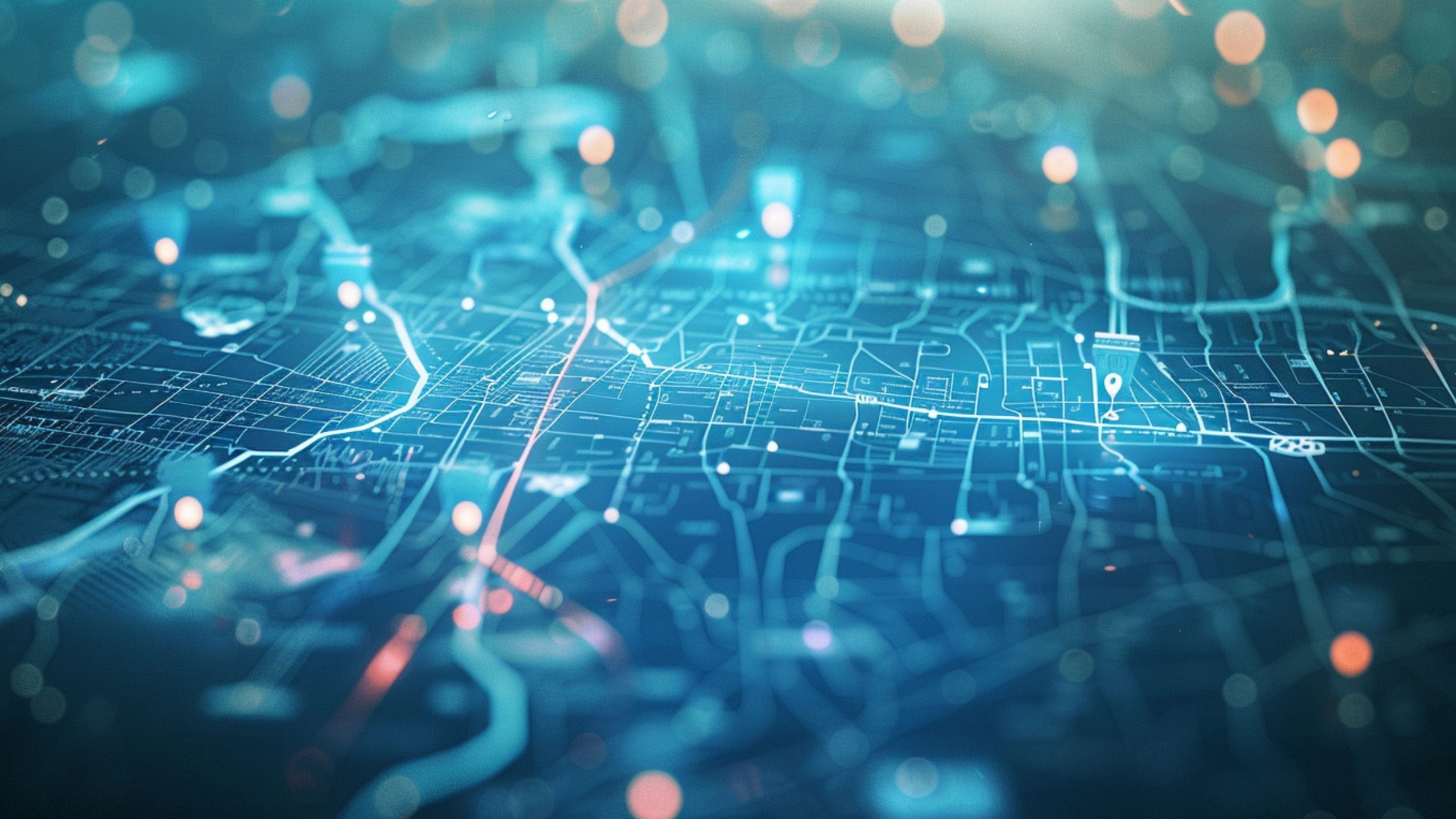Pakistani authorities have moved to disable the national ID and passports of individuals linked to the unrest that unfolded on May 9, 2023, turning to geo-fencing technology to track the presence of mobile devices near demonstration sites.
The protesters were protesting the arrest of the former Prime Minister of Pakistan, Imran Khan.
The tactic draws on the country’s highly centralized digital identity infrastructure, which is managed by the National Database and Registration Authority (NADRA).
Following a wave of civil disorder earlier in the year, the state has turned its attention to restricting those it believes were involved, though officials have not released exact figures.
The action adds a new layer to NADRA’s already significant role in overseeing identification and mobility in Pakistan. The agency had previously played a key part in enforcing nationwide SIM registration by linking phone access to verified ID credentials.
The main aspect of the current operation is the use of geofencing, a surveillance method that defines virtual boundaries around locations and tracks which mobile devices enter those areas.
By analyzing mobile network signals, authorities are able to determine who was present near protest hotspots during specific periods and take action accordingly. The approach allows for highly targeted enforcement, based on digital footprints rather than conventional investigative methods.
This use of data to restrict identity documents marks a profound escalation in how digital ID systems are being weaponized.
In Pakistan, ID cards and passports are essential for almost every aspect of life; banking, public services, travel, and even mobile phone use. Withholding these documents amounts to cutting individuals off from full participation in society.
While officials claim the suspensions follow established legal procedures, no specific laws or provisions have been cited publicly. The move illustrates how rapidly digital identity systems can be co-opted for surveillance and coercion once they are embedded across society. It raises pressing questions about oversight, proportionality, and the potential for misuse in environments where due process may be opaque or selectively applied.













